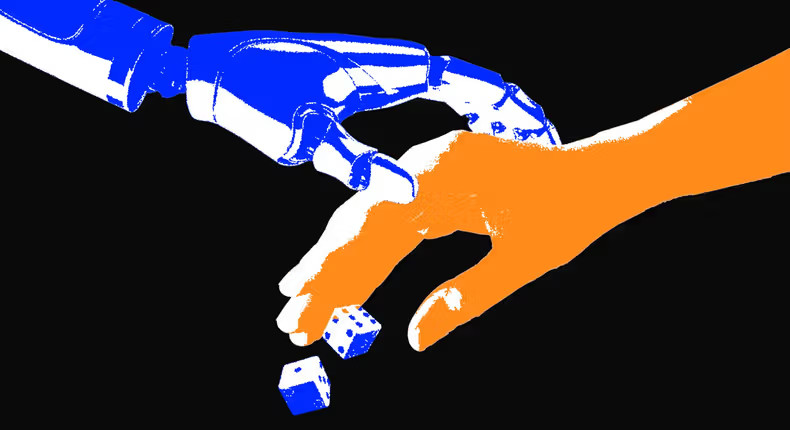South African President’s National Dialogue Criticized as Disconnected from Citizens’ Reality
President Cyril Ramaphosa’s National Dialogue initiative faces sharp criticism for failing to engage with ordinary South Africans struggling with daily hardships. Critics argue the program remains disconnected from grassroots communities bearing the brunt of the country’s economic challenges.
The dialogue process allegedly excludes voices from townships, rural areas, and informal settlements where unemployment and poverty hit hardest. Opposition voices claim the initiative focuses on political elites rather than citizens experiencing load-shedding, crime, and economic instability firsthand.
“We need honest, uncomfortable, face-to-face conversations with those carrying the daily weight of South Africa’s hardships,” according to critics of the current approach. The National Dialogue reportedly emphasizes formal structures over direct community engagement.
South Africa’s unemployment rate exceeds 32%, with youth unemployment reaching nearly 60%. These statistics underscore the urgency for inclusive dialogue addressing real-world challenges facing millions of citizens.
The criticism highlights a broader disconnect between government initiatives and grassroots realities. Community leaders argue that meaningful dialogue requires direct engagement with informal traders, domestic workers, and unemployed youth rather than traditional political stakeholders.
Ramaphosa’s office has not yet responded to specific criticisms about the dialogue’s accessibility. The debate reflects ongoing tensions about democratic participation and whether government consultation processes truly represent South African society’s diverse voices and experiences.










